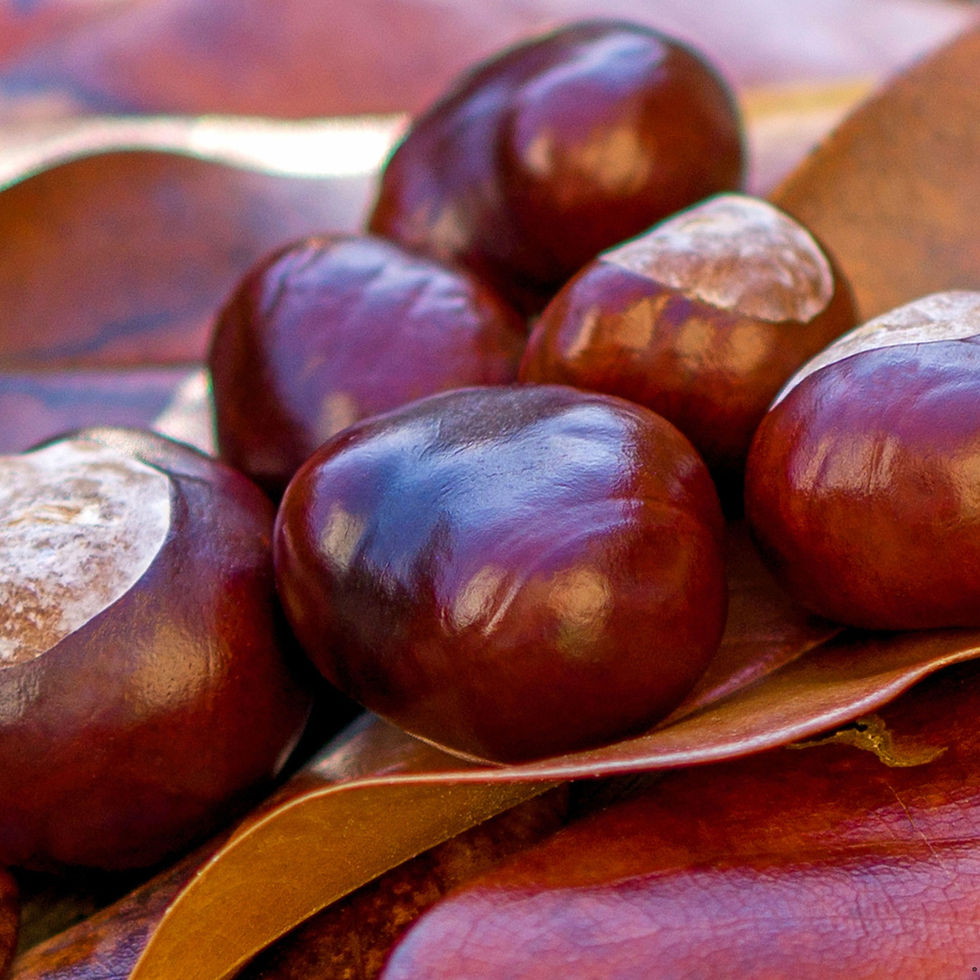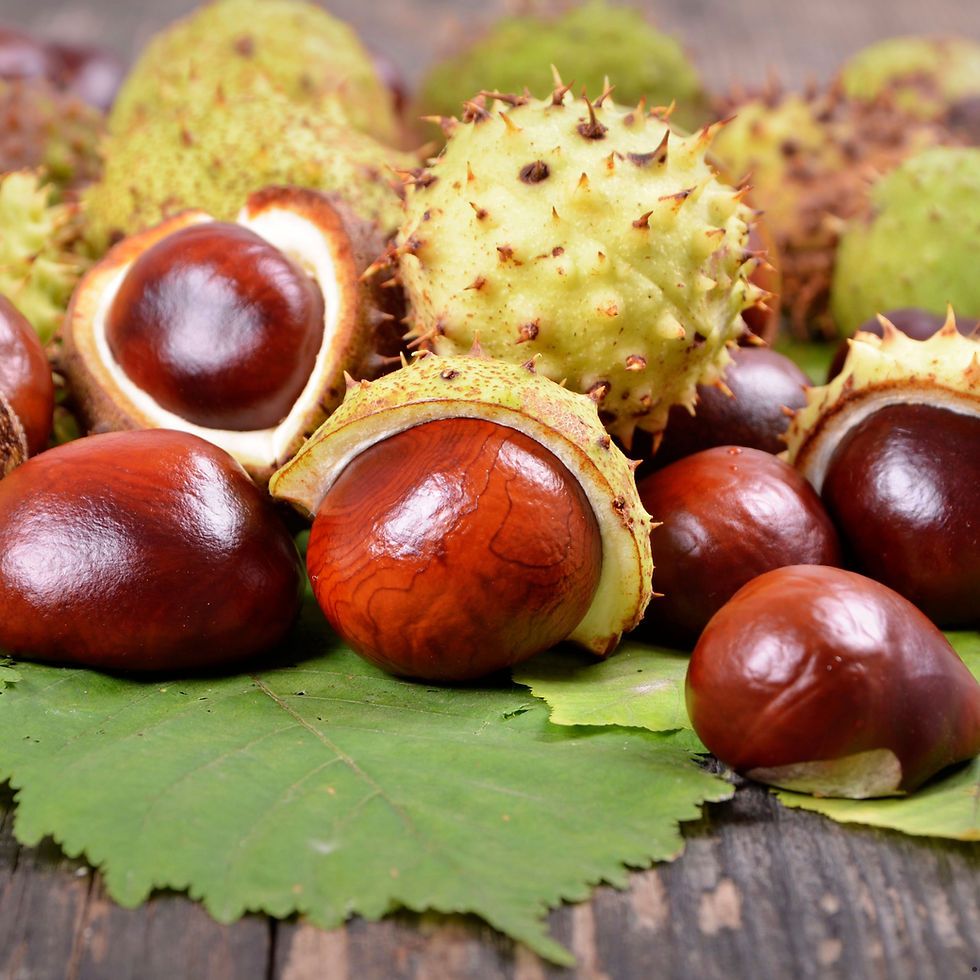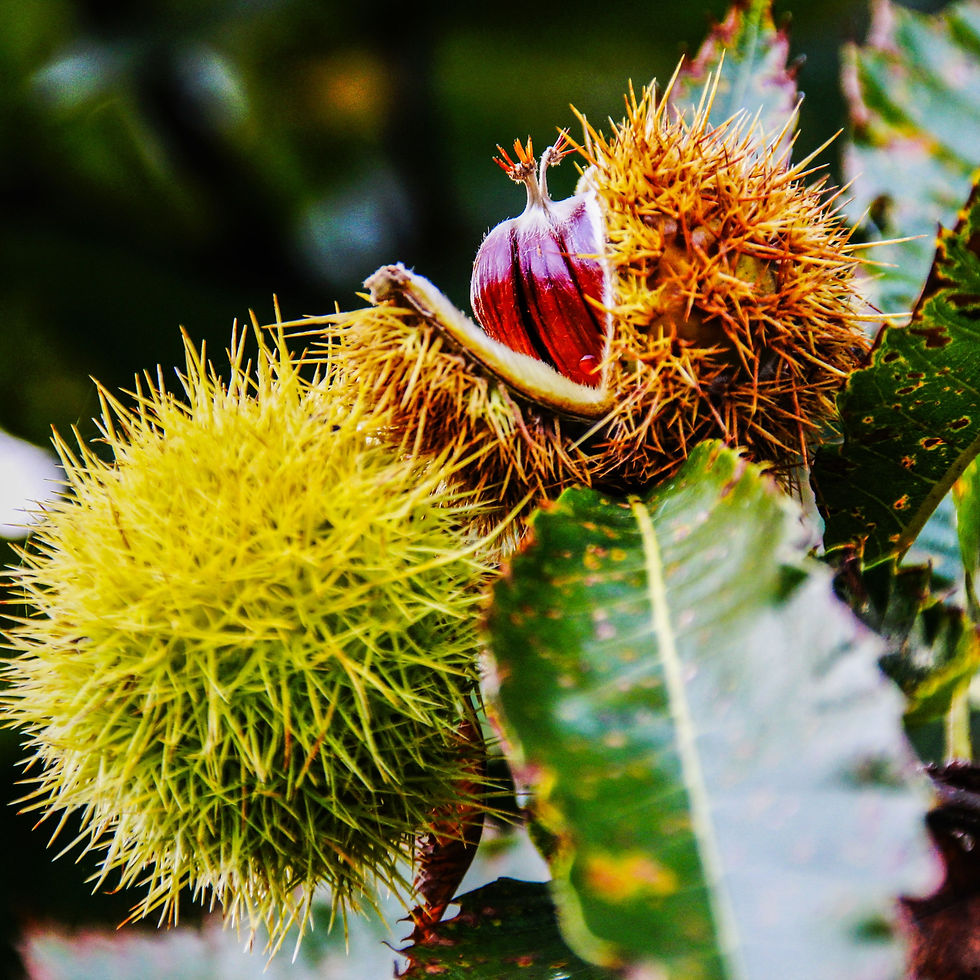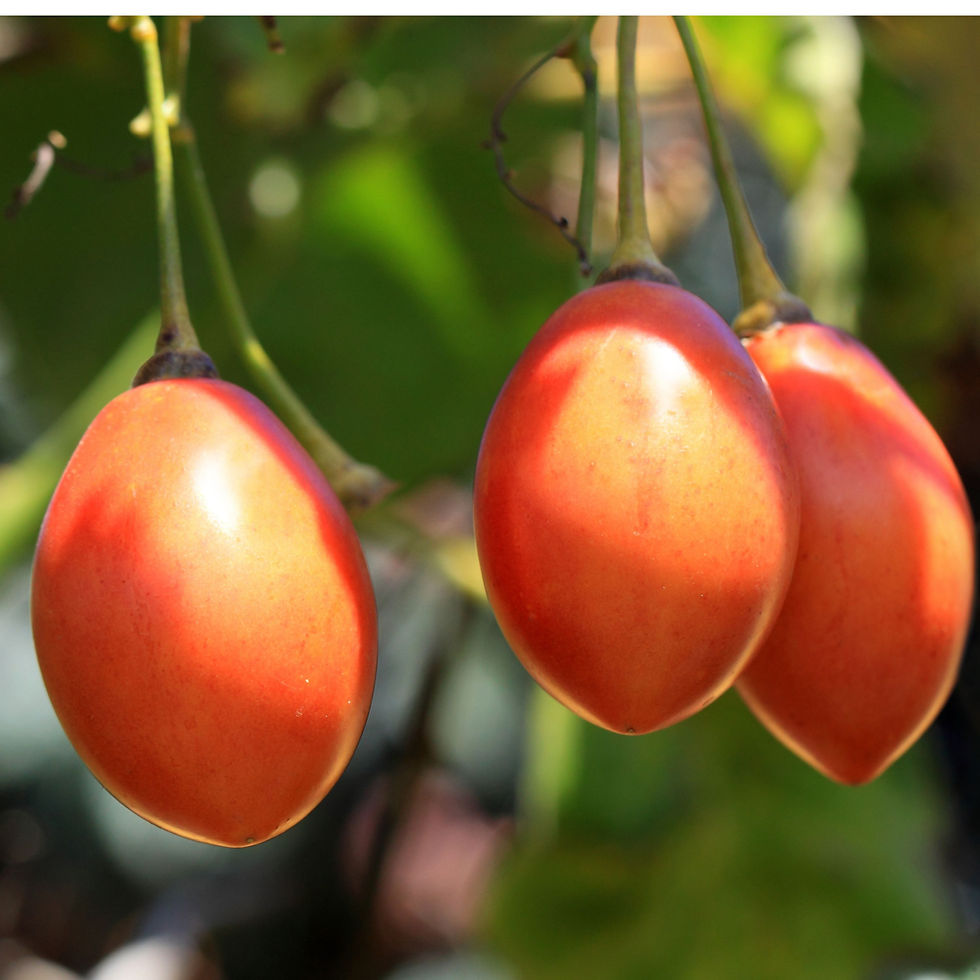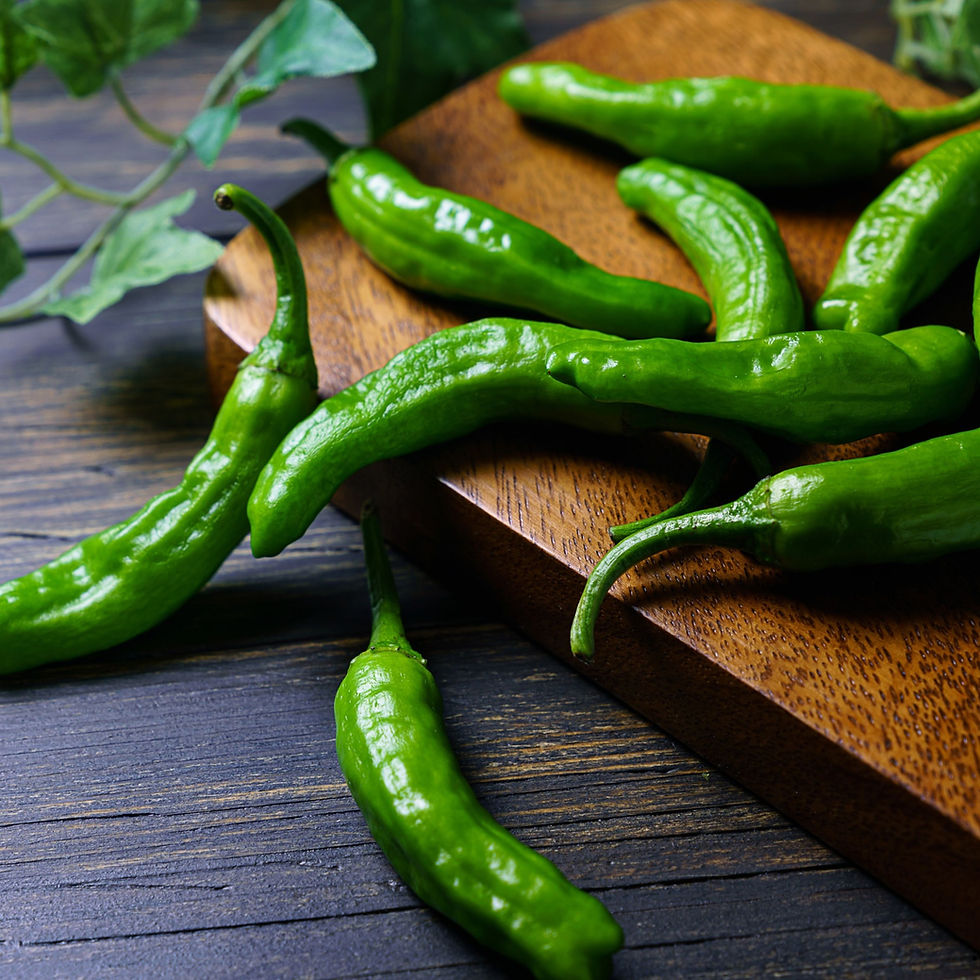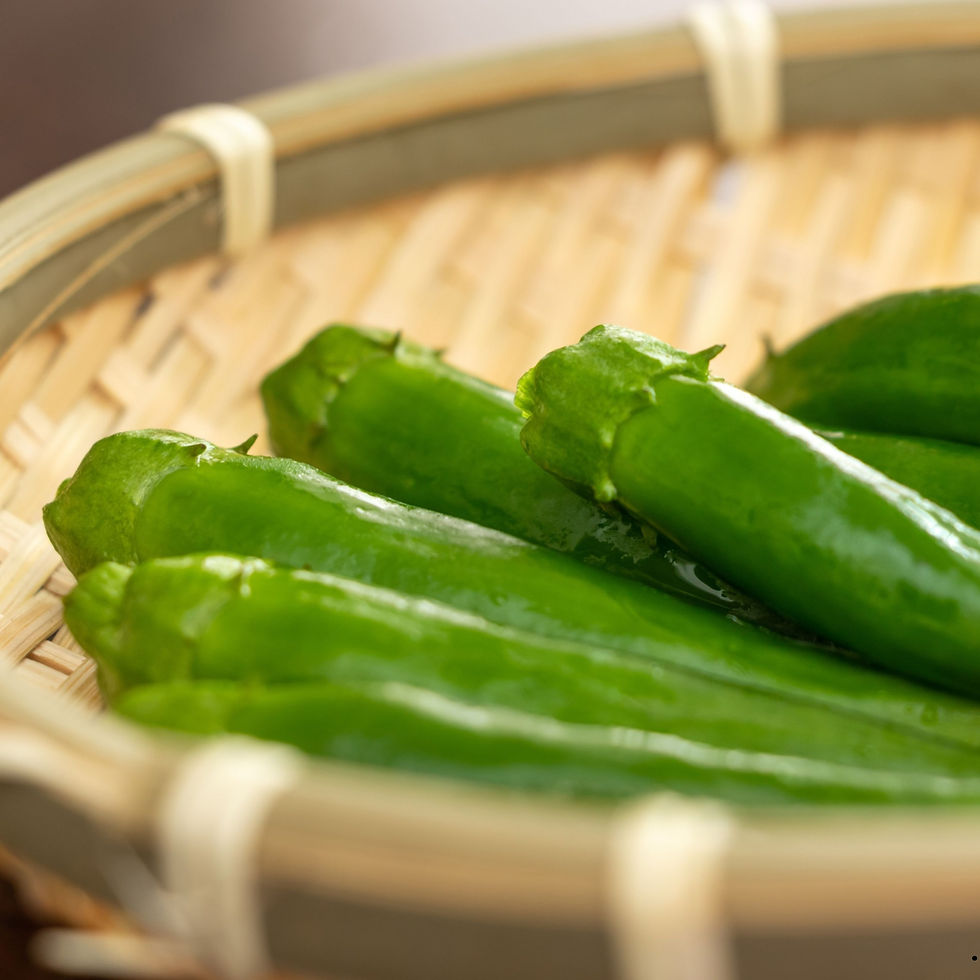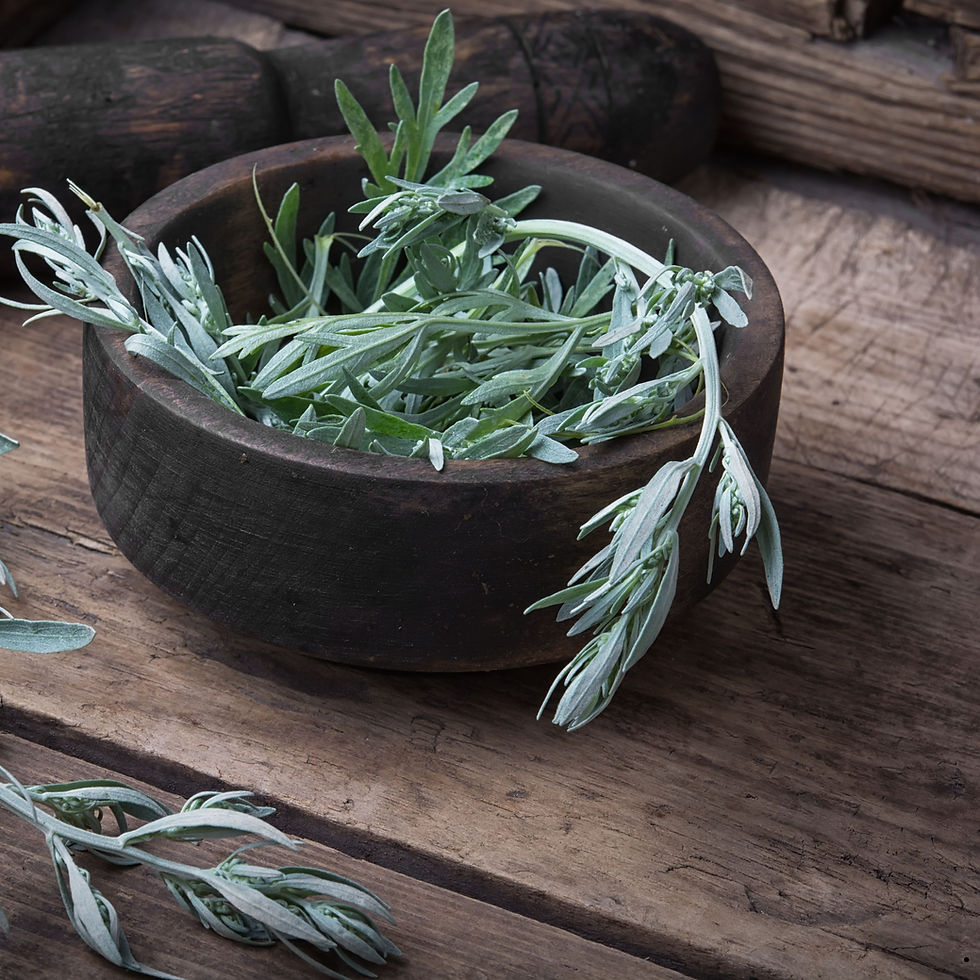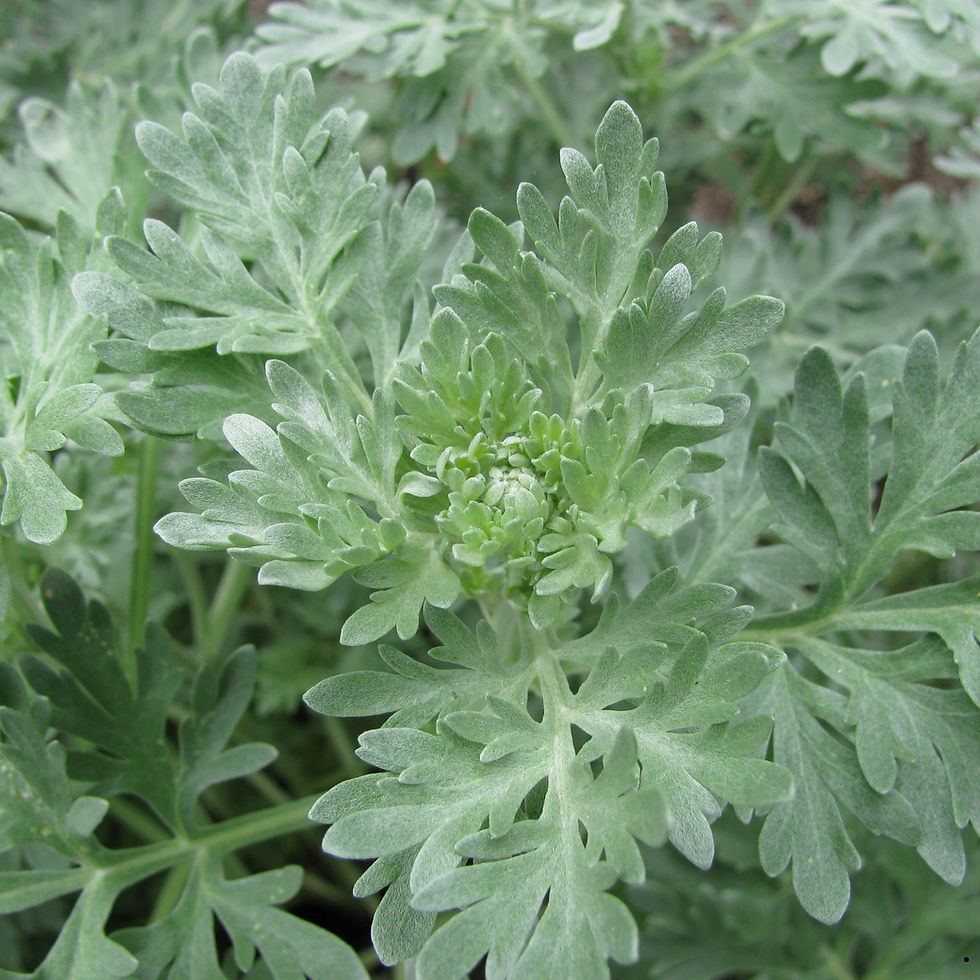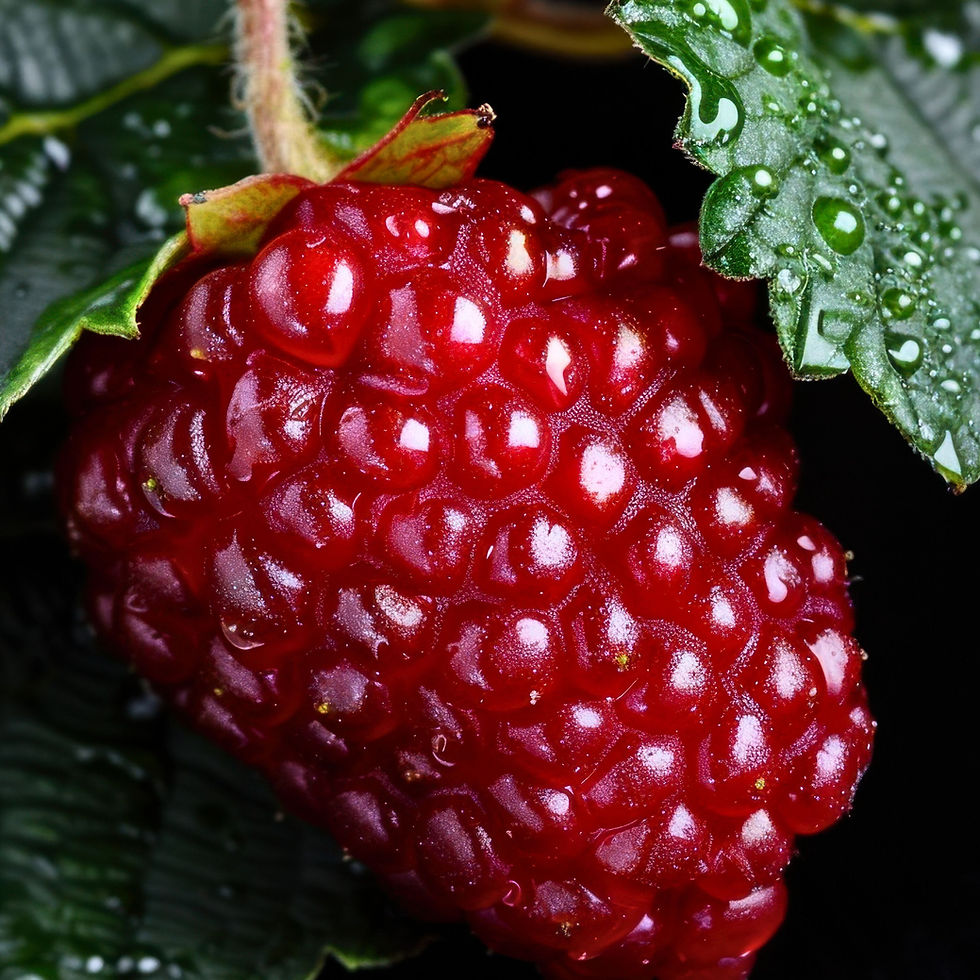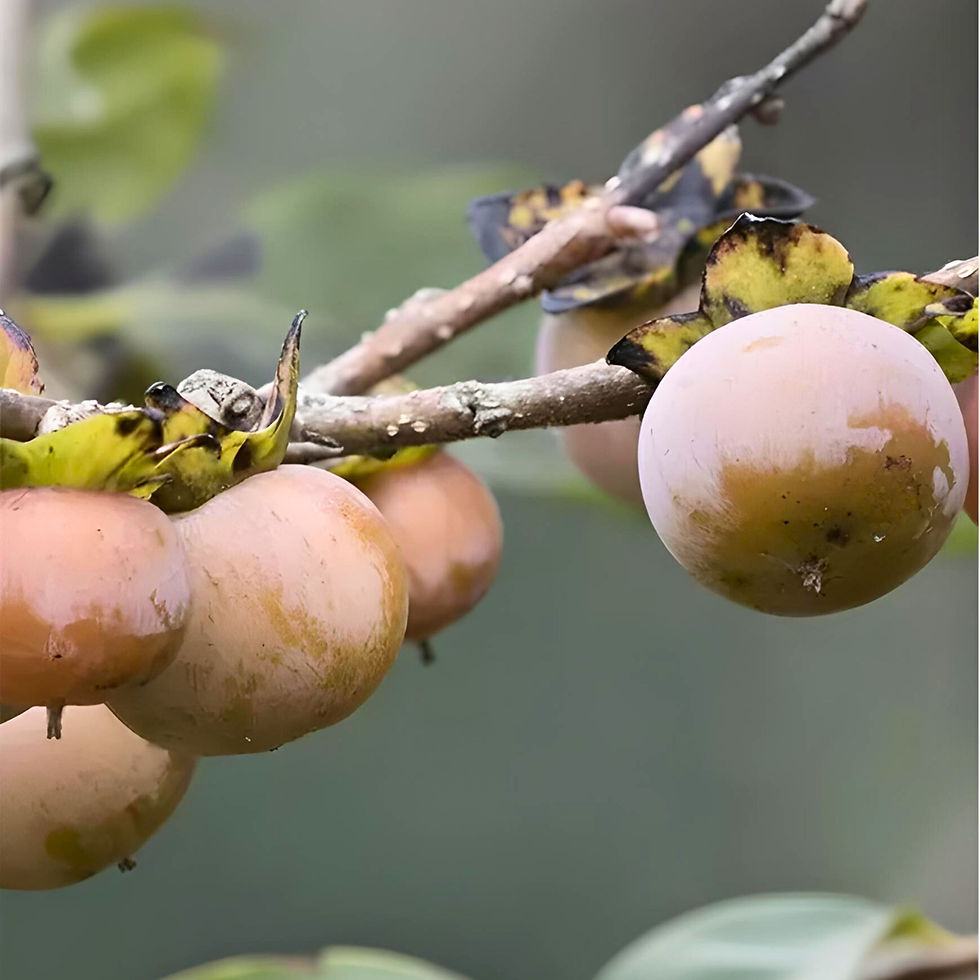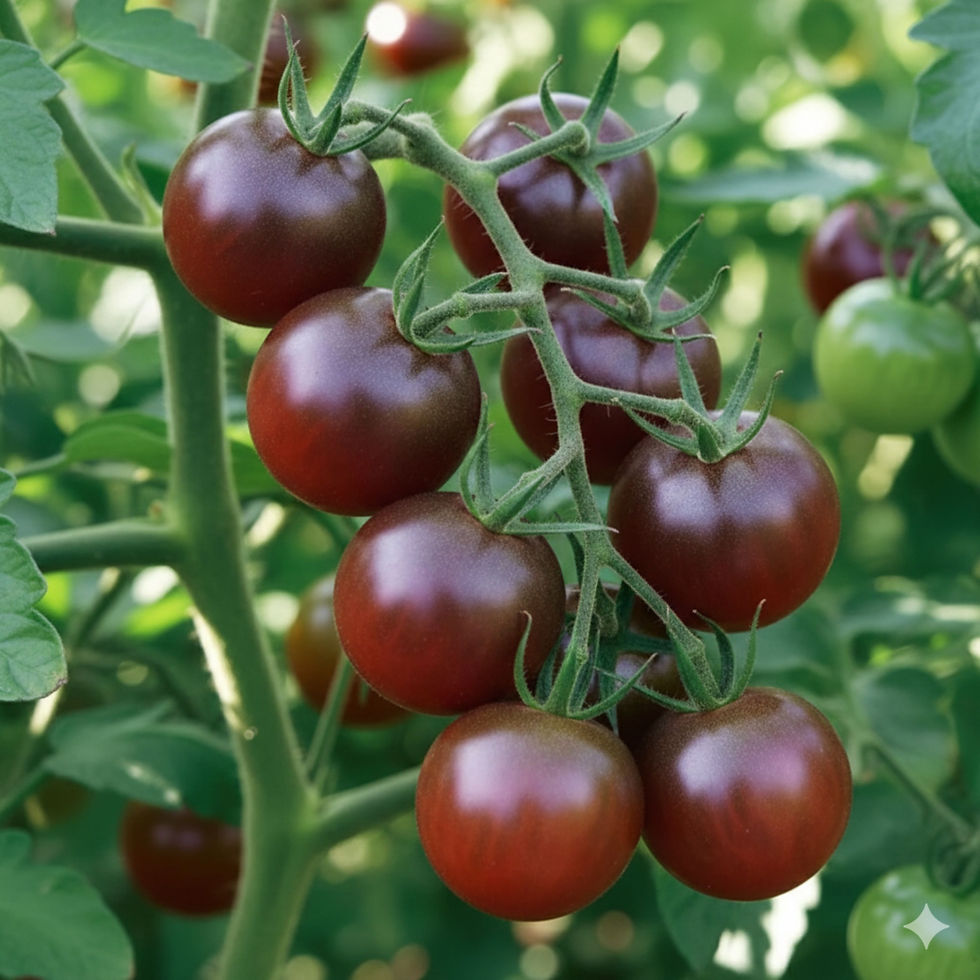Laurentian Rutabaga seeds
Embrace the heartiness and versatility of the Laurentian Rutabaga, a beloved heirloom variety that thrives in cooler climates. Our seeds offer the chance to cultivate this robust root vegetable, prized for its sweet, earthy flavor and exceptional storage qualities. The Laurentian Rutabaga delivers a delightful combination of sweetness and earthiness, perfect for roasting, mashing, adding to stews, or enjoying raw in salads. It's also a nutritional powerhouse, packed with vitamins, minerals, and antioxidants.
This variety flourishes in areas with shorter growing seasons and cooler temperatures, making it an excellent choice for northern gardens. Enjoy the bounty of your harvest for months to come as the Laurentian Rutabaga stores exceptionally well. With its straightforward cultivation requirements, this rutabaga is suitable for both experienced gardeners and enthusiastic beginners. Bring a taste of tradition and resilience to your garden with the Laurentian Rutabaga. Order your seeds today and experience the satisfaction of growing this versatile and flavorful heirloom variety.
Seed count: 200
Brassica napus











